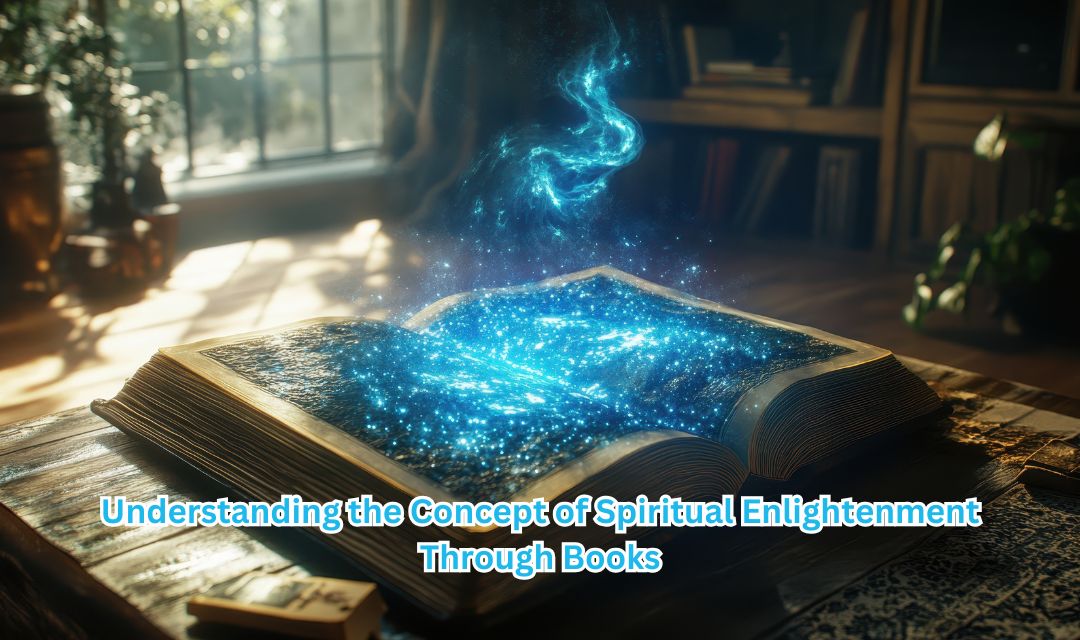Spiritual enlightenment is often perceived as an abstract concept, but its essence is about gaining a deeper understanding of life, purpose, and connection with the divine. Many spiritual books explore this profound topic, offering insights and perspectives that help individuals on their personal journeys. However, the journey towards spiritual enlightenment isn’t universal. It’s as diverse as the human experience. People approach it from various perspectives, shaped by culture, religion, philosophy, and personal belief systems.
Spiritual Enlightenment in Eastern Philosophies
In Eastern philosophies like Buddhism and Hinduism, spiritual enlightenment is seen as the ultimate goal of human life. It’s not just about intellectual understanding but an experiential awakening to the truth. Many spiritual enlightenment books dive into these ideas, offering guidance on meditation practices, moral living, and self-realization. Such books aim to assist readers in their quest for peace, self-awareness, and freedom from earthly attachments.
The Western Approach to Spiritual Enlightenment
In contrast, Western spiritual books tend to intertwine enlightenment with Christian theological concepts. In Christianity, enlightenment is often associated with the illumination that comes through faith in God and a personal relationship with Jesus Christ. The idea here is less about transcending the self and more about surrendering to the divine will, allowing God’s grace to guide and enlighten one’s path.
Books like “Do Everything In Love” by Joc Anderson explore the journey of self-discovery and the deeper connection with the divine in a narrative context, allowing readers to engage with spiritual themes through storytelling. These types of spiritual books provide unique perspectives that blend faith and enlightenment into transformative experiences for readers.
The New Age Perspective
The New Age movement brings yet another perspective on spiritual enlightenment. In this view, enlightenment is seen as a blend of various spiritual traditions, where personal growth, mindfulness, and the realization of one’s full potential are emphasized. New Age spiritual enlightenment books often promote holistic approaches to life, integrating mind, body, and spirit through practices like yoga, energy healing, and meditation. These books are popular among those who seek a non-religious but deeply spiritual path to enlightenment.
The Role of Spiritual Books in Enlightenment
Spiritual books have played a crucial role in guiding seekers toward enlightenment for centuries. These books act as tools for reflection, learning, and personal transformation. They invite readers to question their reality, challenge their beliefs, and ultimately find peace in a deeper understanding of themselves and the world around them.
Today, many individuals embark on this journey of enlightenment through self-study, aided by spiritual enlightenment books that speak to their personal philosophies. The diversity in spiritual literature allows everyone to find something that resonates with their inner quest, whether through the teachings of ancient mystics, modern spiritual thinkers, or engaging narratives like “Do Everything in Love” by Joc Anderson.
Conclusion
Understanding the concept of spiritual enlightenment from different perspectives opens up a world of possibilities for personal growth and divine connection. Books not only provide knowledge but also inspire readers to live more fulfilling and enlightened lives. By exploring various perspectives, you can find the path that resonates with you and continue your journey toward spiritual enlightenment with a greater sense of purpose and peace.
